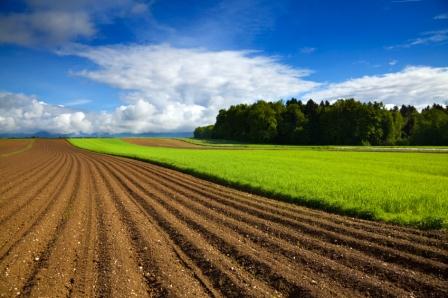PRESS RELEASE
EU sugar and isoglucose production quotas ended on 30 September 2017. At its conference at the Bibliothèque Solvay in Brussels on 17 October, Starch Europe called on all stakeholders to embrace the benefits of this historic development.
Speaking at the conference, Starch Europe president, Alain Dufait said ‘As an industry, we find ourselves in a time of opportunity. After 50 years of constraints resulting from the EU sugar regime, EU sugar and isoglucose producers can now produce the sugars that the market demands and where the market demands them. The production of the starch based sugar, isoglucose, has been restricted by the EU quota system to just 4% of total EU sugars production. In most other international markets, isoglucose sales account for between 15 and 20% of total sugar sales. We are obviously enthusiastic about this development, not only because we expect increased demand for isoglucose, but also because of the increased flexibility this will bring to the entire starch production process. The starch industry won’t be the only one to gain from this historic development. EU farmers will benefit from increased demand for cereals and sugar beet, sugar producers will benefit from increased export opportunities, food and drink producers will benefit from an increased choice of ingredients and consumers will benefit from an increased choice of food and drink products’.
Responding to concerns that increased EU sugars production may result in increased sugars consumption, Mr Dufait added ‘Before 1 October, the EU was a net importer of sugar and its opportunities to export were limited by the World Trade Organisation. Increased production will not mean increased consumption, but rather less imports and more exports. EU food and drink producers are increasingly committing to using less sugars in their recipes, and the starch industry is working closely with them to develop lower calorie alternatives and other carbohydrate sources. We are also committed to better informing EU consumers about all starch based ingredients, including their nutritional values, through initiatives such as the recently launched www.starchinfood.eu. I would also stress that the starch industry is about a lot more than sugars and food. The vast diversity of innovative products we make, not just starch based, but also fibres and proteins, make the starch industry a pioneer, not only in food ingredients, but also in bio-based technology.’
The Starch Europe conference was attended by more than 130 EU stakeholders. Other speakers at the conference included Jerzy Plewa, Director General of DG AGRI of the European Commission, Esther de Lange MEP, Professor Fred Brouns, nutrition expert at the University of Maastricht, and Robert Guichard, President of CIUS, the Confederation of sugar users.
For further information please contact:
Jamie Fortescue, Managing Director
+32 (0)2 289 67 67
Link to the press release: 'The end of EU sugar and isoglucose quotas will benefit all stakeholders'

